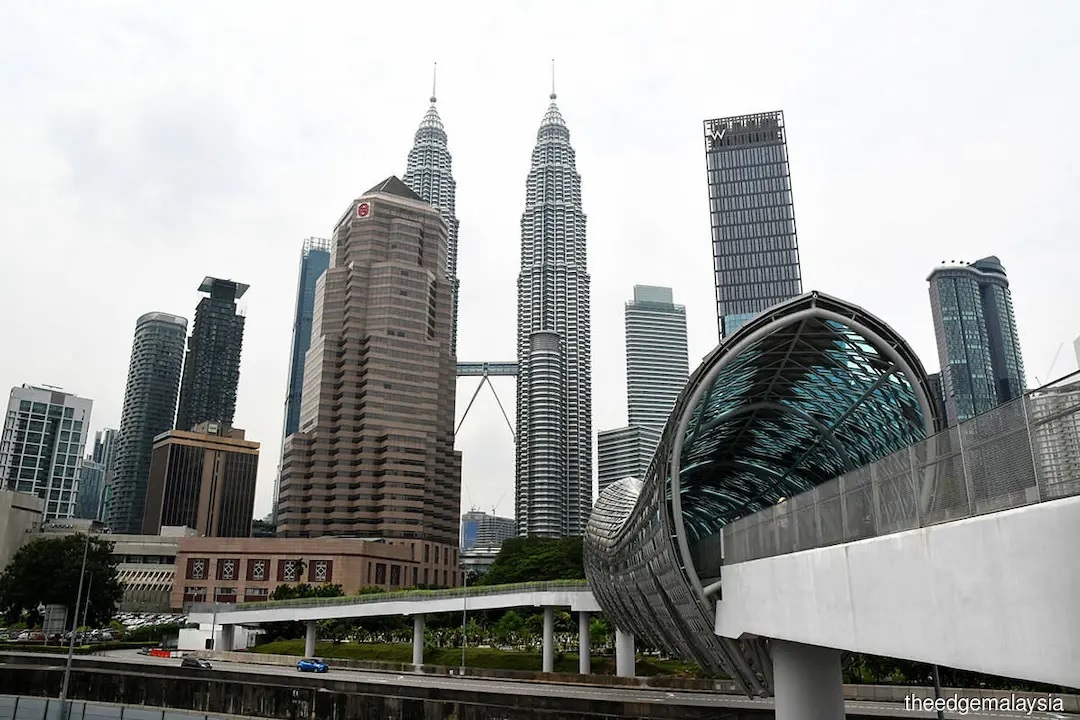
- Professional property management is a specialised field that requires a strong educational foundation.
In response to recent articles about property management, it is essential to address the misunderstandings surrounding the roles of professional property managers compared to building managers. While a reader in another daily has highlighted the contributions of building managers, it overlooks the immense value of professionally-trained property managers, whose qualifications and expertise go far beyond basic administrative tasks. The complexity of strata management requires more than just operational oversight — it demands a combination of rigorous education, legal accountability and strategic insight, which building managers lack.
Professional property management is a specialised field that requires a strong educational foundation. Licensed property managers undergo formal academic training, often obtaining degrees in property management, estate management, real estate or related disciplines. These programmes cover essential subjects such as property law, maintenance management, building technology, corporate real estate management, risk assessment, etc, all of which are crucial for managing large and complex strata developments.
Building managers, however, do not typically possess this level of training. While they may be capable of handling day-to-day operations, they often lack the comprehensive knowledge required to ensure the long-term sustainability and financial health of a property. The assumption that building managers, with minimal specialised education, can adequately manage these critical tasks is both short-sighted and risky for the strata community.
Beyond their academic training, property managers must pass rigorous examinations and obtain professional licenses from regulatory bodies like the Board of Valuers, Appraisers, Estate Agents and Property Managers (BOVAEP) in Malaysia. These certifications guarantee that property managers meet high standards of competence and ethical practice. Moreover, registered property managers with BOVAEP are required to undergo Continuous Professional Development (CPD) training to stay up to date with industry trends, changes in legislations and new proptech, etc.
Building managers, by contrast, are not subjected to these stringent professional standards or continuous education requirements. The lack of a formal regulatory framework governing building managers leaves a significant gap in accountability and professional development. In a rapidly evolving industry like property management, where compliance and sustainability are paramount, relying on individuals who are not professionally qualified puts the long-term viability of the property at risk.
Registered property managers are bound by strict legal obligations, making them directly accountable for their actions. They manage large sums of money, ensure compliance with regulations, and are responsible for upholding the rights of all strata owners. Professional indemnity insurance further protects strata communities in the event of financial mismanagement or legal disputes. This level of accountability is crucial for ensuring transparency and safeguarding the interests of all stakeholders.
Building managers, however, are not legally bound by the same requirements, and this can lead to a lack of oversight in financial management, legal compliance and dispute resolution. Without the legal accountability that licensed property managers bear, strata communities are left vulnerable to potential errors or financial mismanagement that could severely impact the property and its owners.
Property management is not merely about operational maintenance — it involves long-term strategic asset management. Professional property managers are trained to plan for a property’s future, ensuring that it remains financially sustainable, compliant with regulations and competitive in the marketplace. Their expertise in capital expenditure, asset preservation and sustainability initiatives ensures that the property remains a valuable investment for years to come.
Building managers, lacking the depth of education and strategic training, may focus solely on immediate needs, neglecting the long-term viability of the property. This short-term thinking often results in underfunded maintenance programmes, missed opportunities for energy-efficient upgrades, and a decline in overall property value. Strata communities need professional property managers to ensure that they are not just maintaining their assets, but growing and protecting their investments for the future.
The said reader has attempted to simplify the debate with an analogy, suggesting that just as a family of four does not need a bus when a compact car will suffice, strata communities do not need professional property managers if they can be managed by building managers. However, this analogy misses a crucial point: managing a strata property is not akin to running a simple, low-maintenance household. It is a complex and multifaceted task that requires professional expertise, legal knowledge and strategic foresight to ensure long-term sustainability.
A better analogy would be to compare managing a strata property to maintaining a high- performance vehicle. While anyone can drive a basic car, managing a high-end vehicle — or in this case, a multi-million-dollar property — requires the skills and knowledge of a qualified professional. Ignoring the need for professional expertise in the management of such a valuable asset could lead to costly breakdowns and irreversible damage.
In conclusion, the role of a professional property manager cannot be reduced to a simple operational task. Their extensive education, professional qualifications, legal accountability and strategic expertise are essential for the long-term success of any strata community. To suggest that building managers — those with no formal education or regulatory oversight — can adequately replace professional property managers is to underestimate the complexity of modern property management. Just as one wouldn’t expect a compact car to perform the tasks of a bus, one cannot expect building managers without the necessary education and professional qualifications to manage the complexities of a modern strata property asset.
Read also:
Property manager vs building manager — Are they the same?
No need to reinvent the wheel for property management practice in Malaysia
Reader’s Letter: Stricter regulation needed in property management
Reader’s Letter: Troubleshooting the law around property management in Malaysia
Looking to buy a home? Sign up for EdgeProp START and get exclusive rewards and vouchers for ANY home purchase in Malaysia (primary or subsale)!





